The mounting tensions between Thailand and Cambodia
Long-running border dispute is intensifying as protesters in Thailand demand the prime minister's resignation
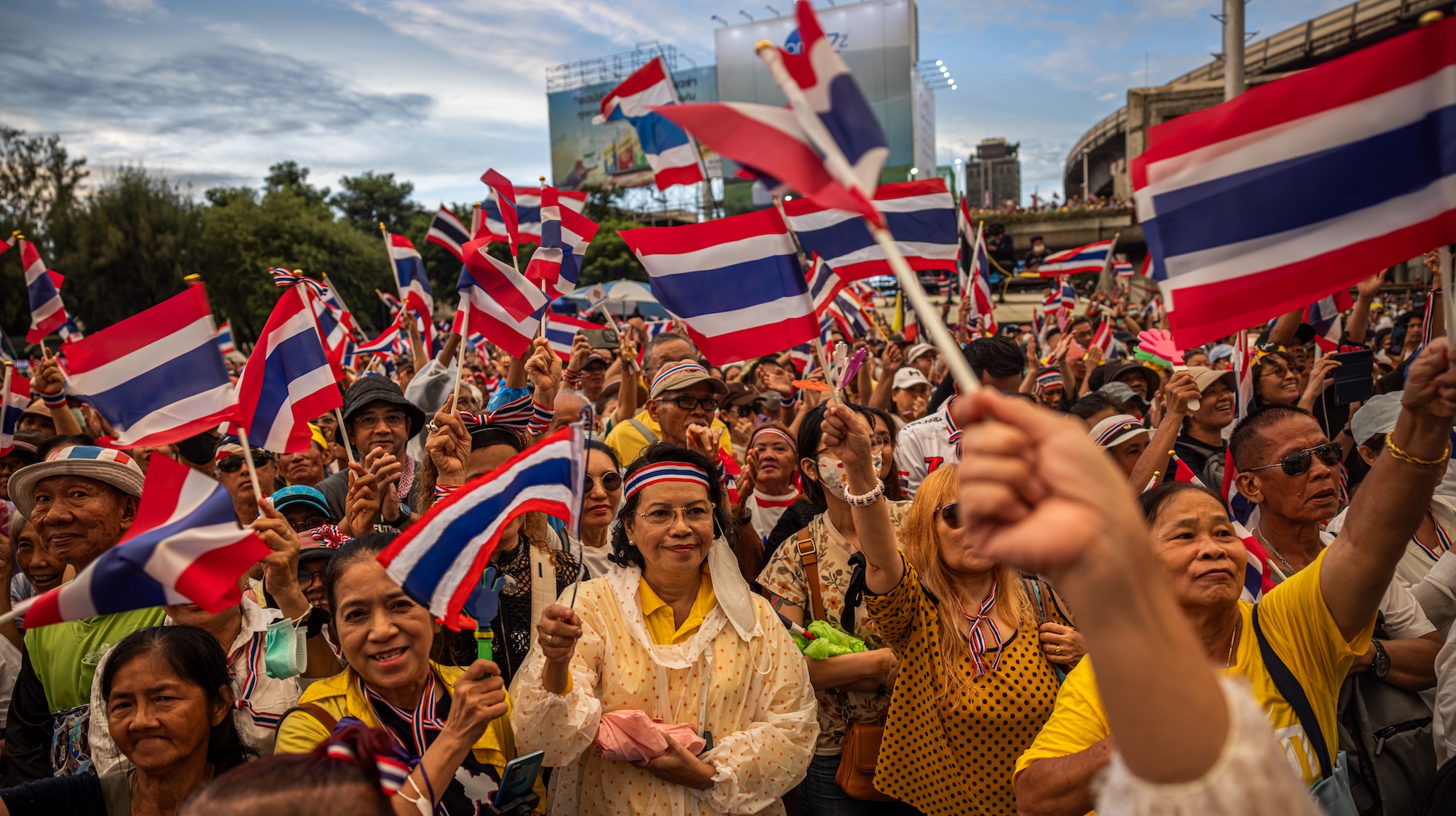
A free daily email with the biggest news stories of the day – and the best features from TheWeek.com
You are now subscribed
Your newsletter sign-up was successful
Thousands of protesters took to the streets of Bangkok for a second weekend to demand the resignation of Paetongtarn Shinawatra, after a leaked phone call appeared to show Thailand's prime minister appeasing Cambodia’s de facto leader, Hun Sen.
Thailand and Cambodia's long-running dispute over their border is threatening to boil over, sparking retaliatory actions between the two countries.
Paetongtarn, who has been leading the Thai government for only 10 months, offered assistance to Hun Sen, whom she called "uncle", and criticised a Thai military commander during the 17-minute phone call, which was recorded and leaked by the Cambodian leader.
The Week
Escape your echo chamber. Get the facts behind the news, plus analysis from multiple perspectives.

Sign up for The Week's Free Newsletters
From our morning news briefing to a weekly Good News Newsletter, get the best of The Week delivered directly to your inbox.
From our morning news briefing to a weekly Good News Newsletter, get the best of The Week delivered directly to your inbox.
Paetongtarn apologised and described her tone during the call as a "negotiation technique", said the BBC. But the episode has infuriated many voters and could also have a "long-term impact on relations" between Thailand and Cambodia, said The Telegraph.
What are the origins of the dispute?
French colonial administrators created the border in 1907, when Cambodia was part of French Indochina. The 508-mile border was meant to follow the "natural watershed line" between the two countries, said Reuters. but Thailand (which was known as Siam until 1939) contested what it saw as incursions into historically Thai territory.
During the Second World War, when Japan occupied French Indochina, control of the disputed areas was briefly returned to Thailand, but the pre-war borders were reinstated after Japan's defeat.
There have been numerous attempts to clear up the dispute, including the establishment of the Joint Boundary Commission in 2000, but so far they have failed to make significant headway. However, until this year, there had not been any military clashes over the border since 2011.
A free daily email with the biggest news stories of the day – and the best features from TheWeek.com
Why has it flared up recently?
Tensions spiked in May when a skirmish between Thai and Cambodian forces in a disputed area of the border left a Cambodian soldier dead. The Cambodian government accused Thai soldiers of opening fire on one of its long-standing military posts on the border. The Thai government, however, claimed its troops were defending themselves after Cambodian soldiers opened fire.
Even before then, tensions had been simmering. In February, Cambodian troops and their families filmed themselves singing the Cambodian national anthem inside Ta Moan Thom, one of several temples in the disputed territory. The incident went viral on social media.
How have both countries reacted?
The rising hostilities have led to retaliatory actions between the two countries. Thailand has closed off land crossings to Cambodia multiple times in recent months, heavily impacting trade as well as halting the flow of gamblers flocking to Cambodia's border town casinos. In response, Cambodia has banned some imports from Thailand, including films and TV shows, as well as fruits and vegetables, and electricity.
Thailand's Department of Foreign Trade has warned that the impact on trade between the neighbouring nations could cost the country 60 billion baht (£22.5 million) if disruption continues until the end of the year, said the Bangkok Post.
Will it bring down the Thai government?
Paetongtarn is part of the Shinawatra dynasty, a family with long-standing influence in Thai politics (her father Thaksin and her aunt Yingluck are both former prime ministers).
The family has previously had good relations with Hun Sen, who remains Cambodia's de facto leader despite officially ceding power to his son in 2023, but the leaked phone call has put Paetongtarn's premiership on shaky ground.
In response to the phone call, the conservative Bhumjaithai Party said it would be pulling out of its coalition with Paetongtarn's centre-left Pheu Thai party, leaving her with little chance of staying in power. Paetongtarn will face a vote of no confidence in parliament on 3 July.
Meanwhile, Thailand’s constitutional court will convene tomorrow to consider a suit alleging that the phone call amounted to treason, a case with "potentially explosive" ramifications, said the Thai Examiner.
Richard Windsor is a freelance writer for The Week Digital. He began his journalism career writing about politics and sport while studying at the University of Southampton. He then worked across various football publications before specialising in cycling for almost nine years, covering major races including the Tour de France and interviewing some of the sport’s top riders. He led Cycling Weekly’s digital platforms as editor for seven of those years, helping to transform the publication into the UK’s largest cycling website. He now works as a freelance writer, editor and consultant.
-
 Switzerland could vote to cap its population
Switzerland could vote to cap its populationUnder the Radar Swiss People’s Party proposes referendum on radical anti-immigration measure to limit residents to 10 million
-
 Political cartoons for February 15
Political cartoons for February 15Cartoons Sunday's political cartoons include political ventriloquism, Europe in the middle, and more
-
 The broken water companies failing England and Wales
The broken water companies failing England and WalesExplainer With rising bills, deteriorating river health and a lack of investment, regulators face an uphill battle to stabilise the industry
-
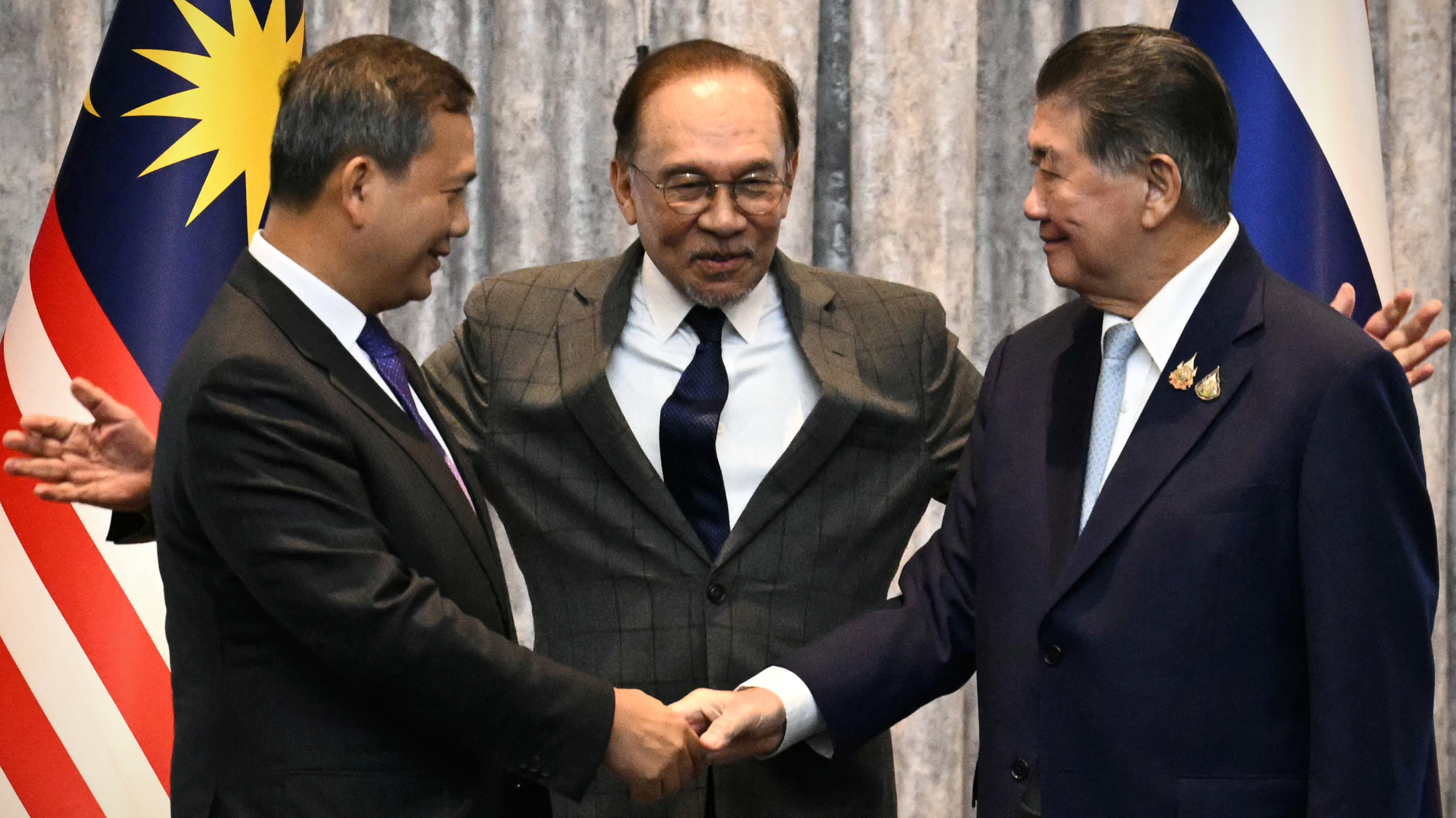 Thailand, Cambodia agree to ceasefire in border fight
Thailand, Cambodia agree to ceasefire in border fightSpeed Read At least 38 people were killed and more than 300,000 displaced in the recent violence
-
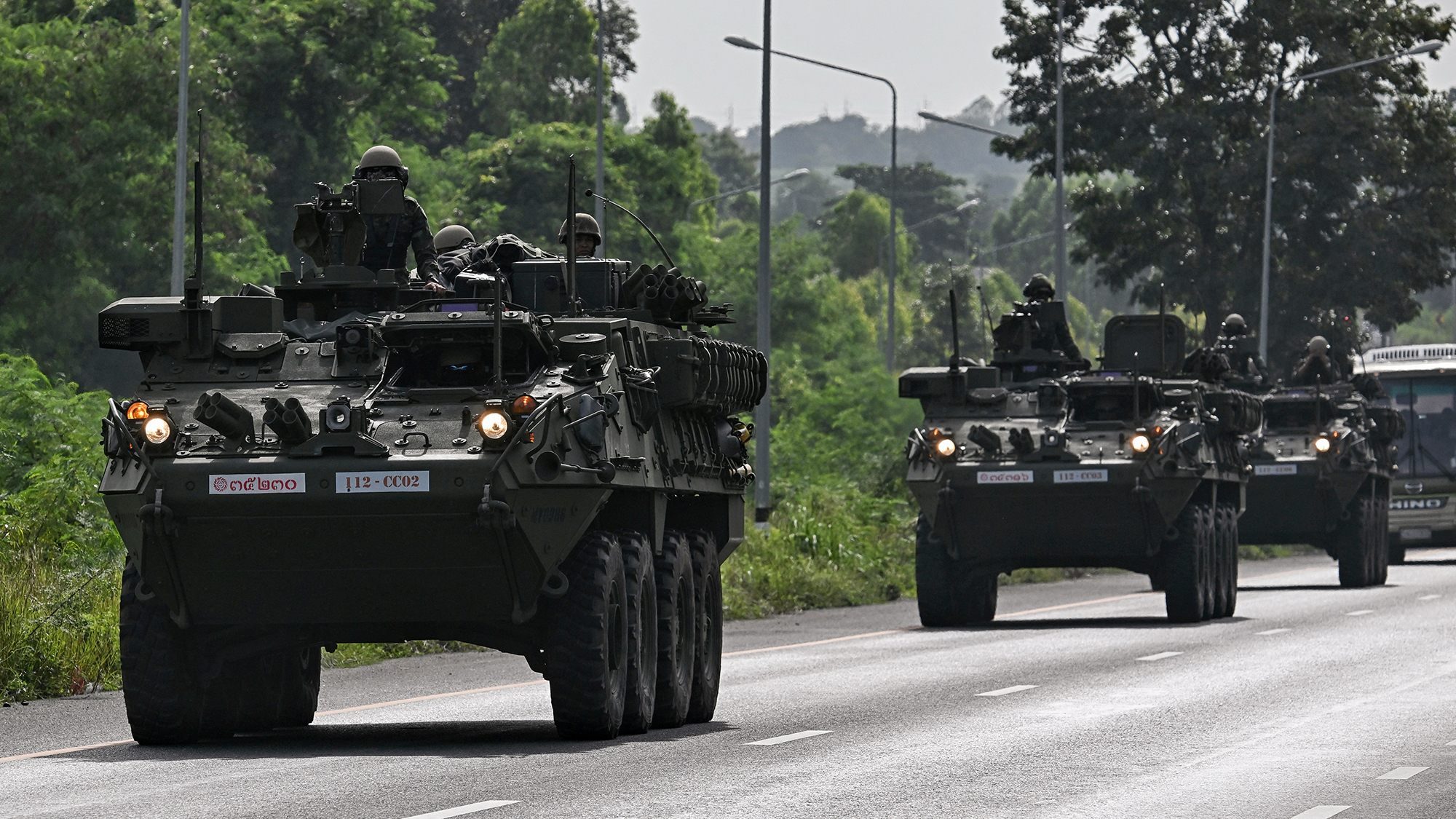 At least 12 dead in Thai-Cambodian clashes
At least 12 dead in Thai-Cambodian clashesSpeed Read Both countries accused the other of firing first
-
 The slow fight for same-sex marriage in Asia
The slow fight for same-sex marriage in AsiaUnder the Radar Thailand joins Nepal and Taiwan as the only Asian nations to legalise LGBT unions, amid repressive regimes and religious traditions
-
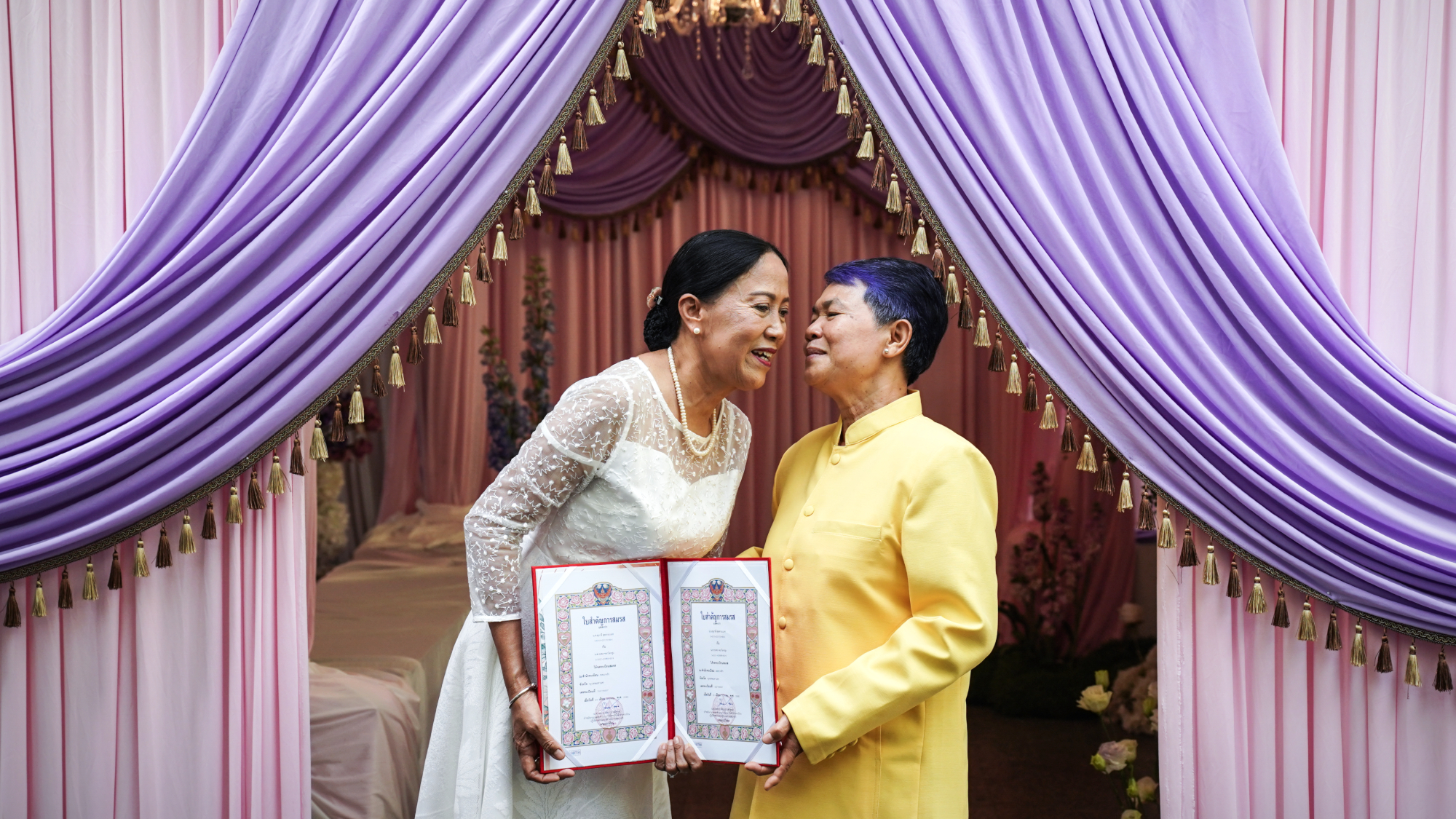 Same-sex marriage becomes legal in Thailand
Same-sex marriage becomes legal in ThailandSpeed Read The law grants same-sex spouses the same rights as married heterosexual couples
-
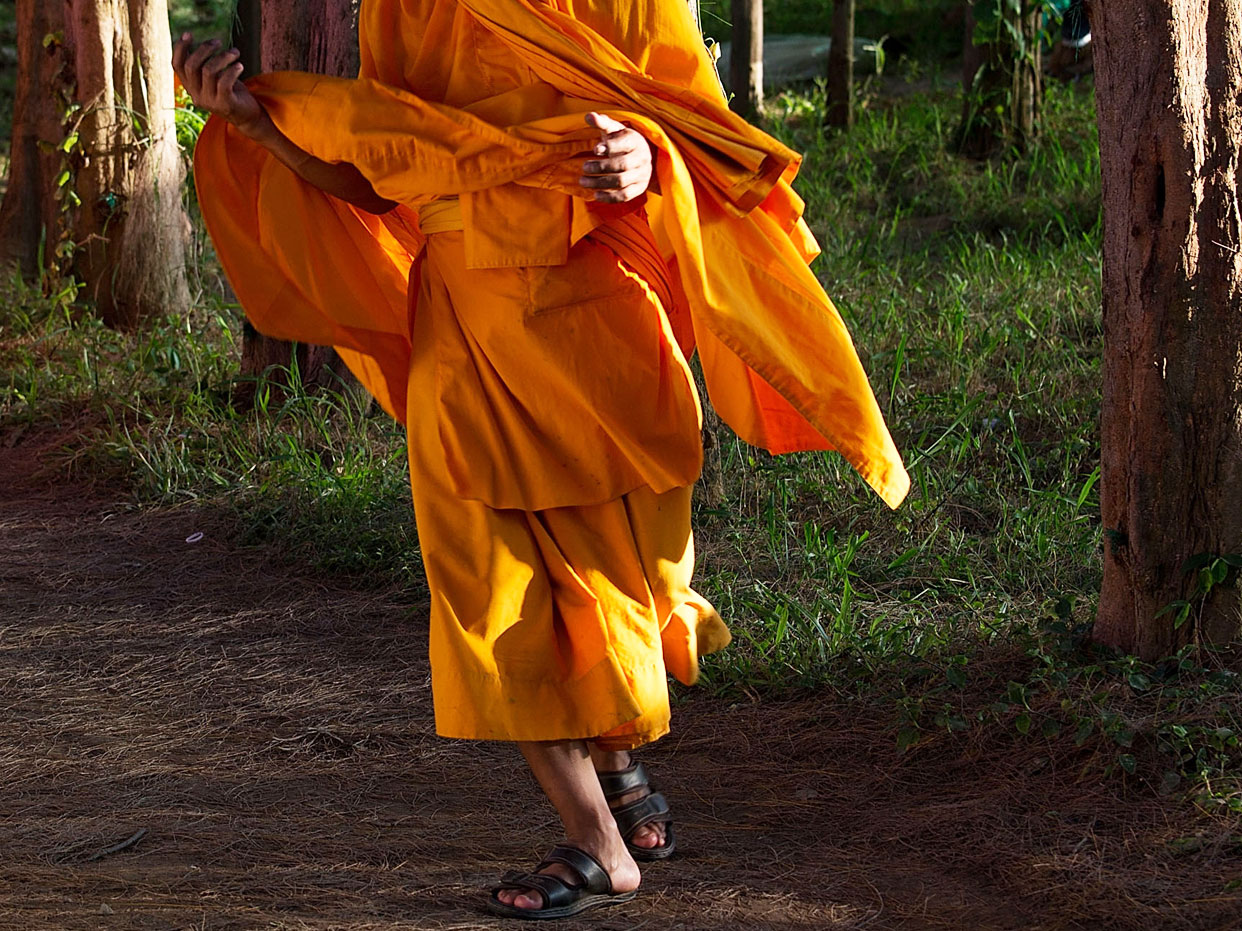 Thai temple’s monks all fail a drug test
Thai temple’s monks all fail a drug testfeature And other stories from the stranger side of life
-
 Women ‘should go topless in public pools to fight discrimination’
Women ‘should go topless in public pools to fight discrimination’feature And other stories from the stranger side of life
-
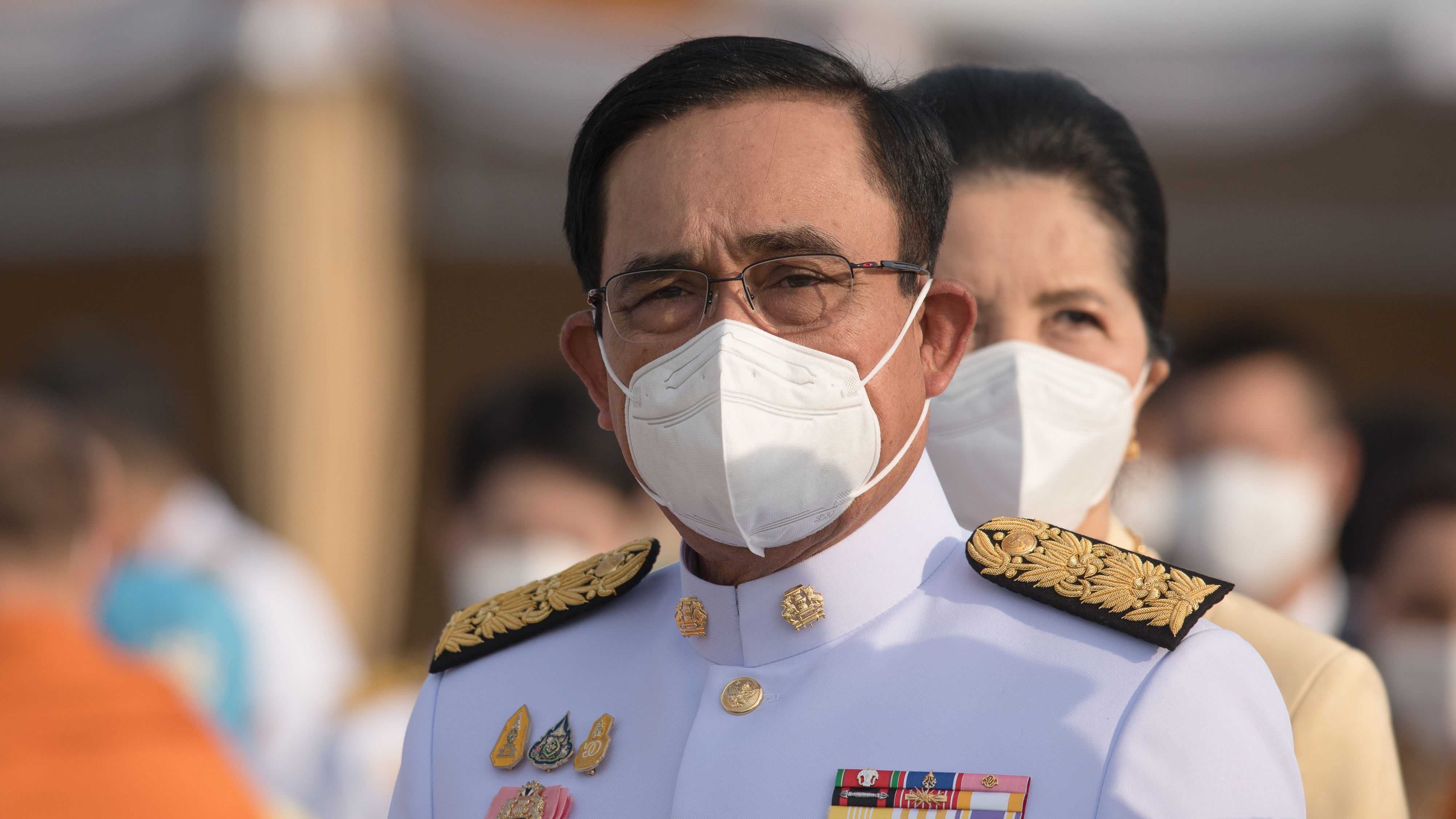 Saudi Arabia and Thailand settle 30-year dispute over $20m jewel theft
Saudi Arabia and Thailand settle 30-year dispute over $20m jewel theftfeature Two countries to appoint ambassadors for the first time since 1989
-
 ‘Audio trainspotters’ collect on-board announcements
‘Audio trainspotters’ collect on-board announcementsfeature And other stories from the stranger side of life